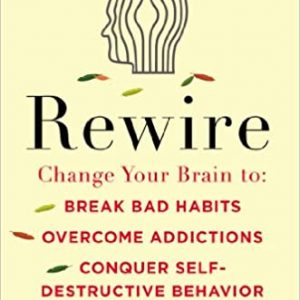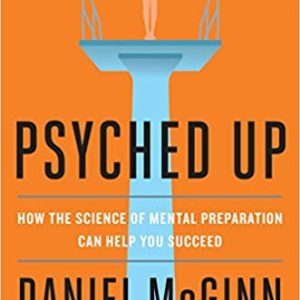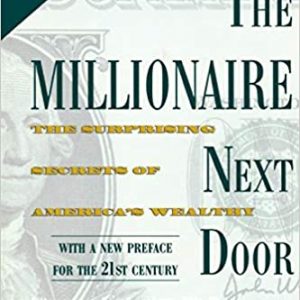There is a consistent complaint about this column. Why does it not provide specific action points? Can’t we have actual products as recommendations? Why explain the principles but stop short of converting them into actual thumb rules?
Personal finance cannot be generalised. Broad principles are universal, but actual application requires decisions the individual should make, based on their specific situation. Personal finance is not a scientific subject that is taught in universities; nor does it boast of a volume of research from which it can draw. It is a set of principles and ideas, heavily borrowing from various disciplines and developed by practicing professionals from experiences.
Therefore, a specific set of steps will not work for all. It would be downright unethical to use this space to promote products, which is why none is mentioned. But writing for an audience needs structure. We cannot let philosophical rhetoric fill the page. So the effort is to point the reader to some principles, offer some ideas that enable them to think through their decisions, and provide frames to evaluate what they see in the financial world.
When it comes to personal finance, there is really nothing new to say. What we discuss here are mere snippets of interpretative intelligence. The writing does not expound on original thoughts and unique discoveries. It is a teacher’s effort to simplify finance and motivate readers to take charge of their money.
Let’s rework last week’s column on worries of the soon-to-retire generation. Using a few sketches, we tried to point out how those of us who don’t have a government pension, those who aren’t rooted to their bases and have family support, those who may have indulgent consumption habits, and those who don’t enjoy great health, might end up with a mixed bag of retirement experiences.
To convert that problem into an actionable set of rules would go like this: (I am not recommending these rules, only putting them here to illustrate a point). First, ensure that you earn a fixed income like a pension. Choose government-sponsored schemes and invest your retirement proceeds in schemes that offer annuity, pension, fixed interest and such. Second, make sure you have your own home to live in. Live where you have relatives close by. Spend frugally and within your means. Do not touch the retirement corpus. Third, buy a good medical insurance before any disease condition makes it expensive. Fourth, do not stay idle, find something to do. Fifth, stay healthy.
The rest of the column can expound each of these and put in specific numbers. How much should the corpus be? How much return should it earn? How much to draw and how much to keep? Which medical insurance is best? How much premium to pay? How much to spend on travel and hobbies? Will the money get over if I pursue something new?
The answers to all these questions is just math. In an excel sheet you can put numbers and assumptions, and you will soon have a number of scenarios and you can choose one that appeals to you most. To some, higher retirement income will make sense; to somehigher spending will; some won’t touch the corpus; and some will happily use it for themselves. We can make sense of the math, and make choices from what is on offer, if we instead focus on some principles. We can work with a frame and evaluate our choices.

















